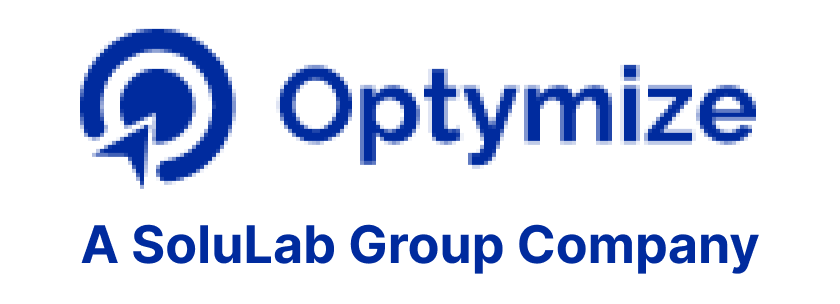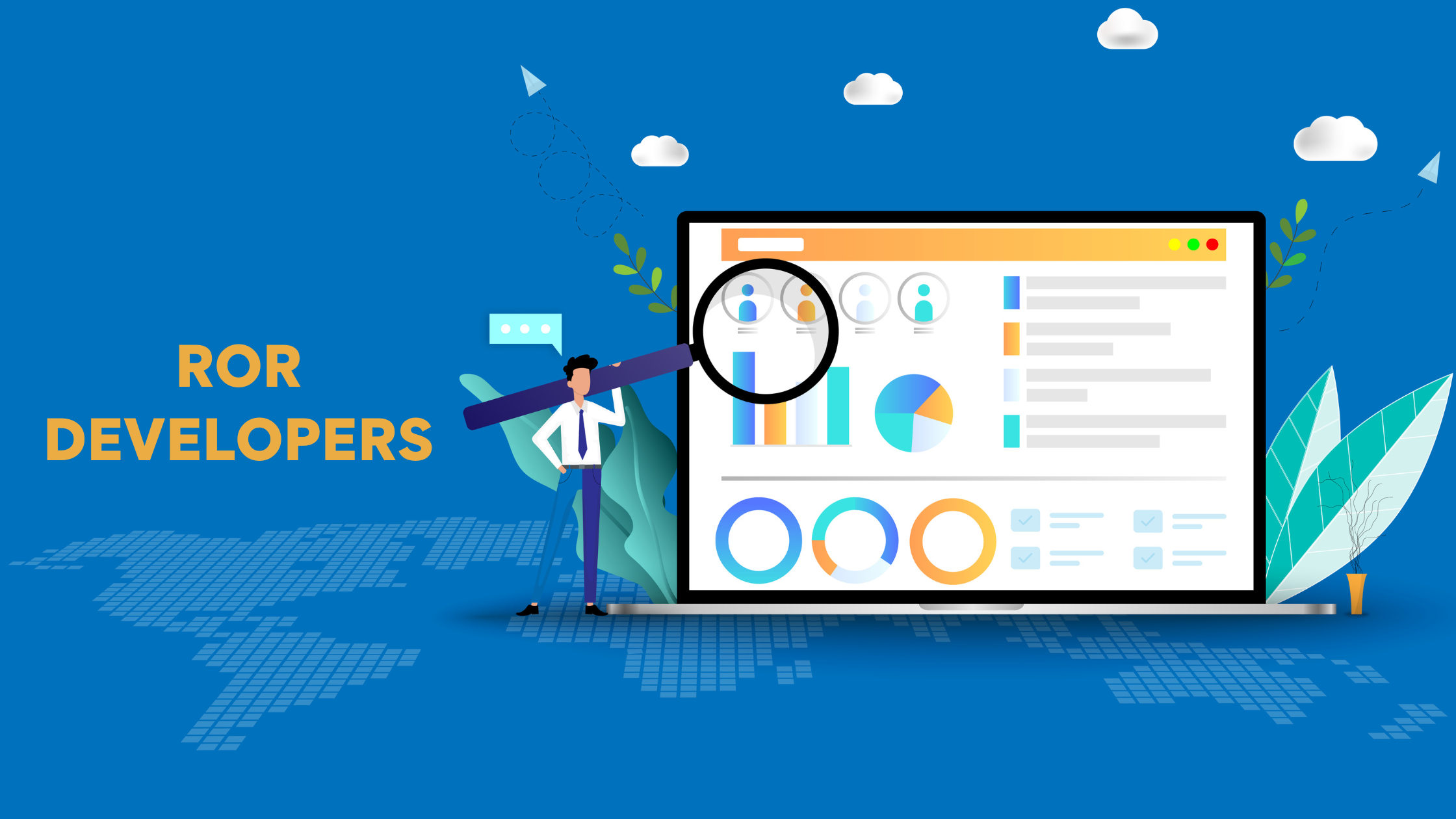The year 2020 was an unprecedented one for most of us. Many young minds successfully graduated and had great opportunities to climb the career ladder at the beginning of the year. Unfortunately, when the Covid-19 pandemic hit, their lives took a spin abruptly. Moreover, national lock downs compelled businesses to adopt remote workflows.
The biggest concern, perhaps, is remote working for young professionals these days. Though initially it sounded great to work from home as the pandemic struck the world, the reality was a lot harsher than one could have imagined. Due to remote work, unhealthy habits entered into our lives thus damaging our mental health and limiting the potential of many young brains. This can’t be generalized of course, but the majority of us felt like this throughout 2020.
In a short span of a few months, life has turned into a different zone. The truth is, nobody wants their staff to be exhausted and sad. That means, one must decide a way to adapt to the new, and apparently much more precarious, operating lives.
Some of the nation’s global firms have already declared their plans to keep their doors pulled currently, whereas quite a simple fraction of firms that have promoted the transition to virtual personnel are considering creating things permanent.
However, if you’re recently leading remote groups, then there are some special concerns that you should know to make your team stay happy, productive, and healthy. This begins, above all, with managing the mental state of your virtual working personnel.
Mental Health Matters
Since the inception of Covid-19, we’ve expanded a great deal of time that specializes in maintaining our physical health. But it’s been only extremely coherent to chuck the importance of the mental state. And yet, the coronavirus hasn’t only wreaked disturbance on our physiology but also has taken an amazing toll on our minds and our spirits.
There are a variety of people in our immediate surroundings who are already struggling to cope up with depression, anxiety, and post-traumatic stress disorder as a result of the pandemic, fledgling telecommuters are at explicit risk.
Effects of Covid-19 on Mental Health
In terms of unwellness management and infection, the Covid-19 pandemic has definitely resulted in a magnified level of tension and concern in communities. Because of social stigma all around the world coupled with Covid-19, several people within the community hide their unwellness and don’t access health care facilities in a timely and correct manner. Additionally, with the widespread use of social media, rumours, myths, and inaccurate info concerning the virus is spreading apace, resulting in intense irritability, fearfulness, insomnia, oppositional behaviours, and corporal complaints.
Studies reveal the possibility of remote staff facing vital mental state challenges concerning the virtual work surroundings; the best threats include burnout and loneliness. It’s not only hurtful on a personality’s level to grasp the sufferings of your team members but also dangerous for the lowest line.
It has been observed that the staff who are experiencing less depression and loneliness are less loyal, less productive, less engaged and less active. A growing body of analysis indicates that loneliness wasn’t solely the foremost common grievance of online staff but also the foremost danger, swinging them at heightened risk of premature death.
What is to be done?
There’s a lot on the road for your company and, above all, for your crew. Therefore, it’s more necessary than ever to make sure you’re participating with your staff effectively, even from a distance. The nice news is it doesn’t get to be difficult or burdensome. It just requires a limited amount of strategy and a splash of creative thinking.
A pleasant place to develop is by gazing at your company culture and deciding the way to translate that into the remote work surroundings. Developing a virtual engagement strategy that aligns along with your company’s mission, values, and processes to announce to your team a soothing sense of familiarity, continuity, and easy normalcy.
So if your company culture may be an extremely interactive one with many interactions and communication between staff throughout the everyday workday provides your team the tools to copy that within the virtual area.
Facilitating your team to establish shut contact, all day, and each day is the prime usage provided by productivity and communication tools like Slack, Asana, and Google Meet.
And that reasonably constant communication isn’t merely getting to boost engagement, however, it’s additionally getting to increase morale and reduce loneliness. Moreover, it’s assisting you to manage your remote team effectively. As a result, you may be able to keep your finger on the heartbeat of however your team members extremely do, although you’re unable to examine them nose to nose.
In order to mitigate your team’s risk of burnout, it’s obligatory for you to market and model self-care. One amongst the explanations, why remote staff are at such a high risk of burnout is due to work. This means that, physically, you’ve ne’er left the workplace.
And that dramatically will increase the temptation to be continually on and connected, to be perpetually checking email or instant traveler, checking little issues for work. Such a temptation comes with a nasty flip facet, which are the sentiments of guilt and anxiety that arise in your staff once they do really disconnect at the end of the remote workday.
Therefore, you want to facilitate your staff to maintain an active work-life balance. Respect boundaries by not making an attempt to contact your staff or assign tasks outside of their regular work hours and model an equivalent along with your own work schedule.
Encourage your team to urge outside and challenge. Raise them to post videos and photos of their latest hiking trip. You can also plan a socially distanced bike ride along with your team. After all, once it involves the secular and mental states, it doesn’t get far better than defrayal time in nature.
Inducing a More Elevated Mental State for the Virtual Workplace
To overcome these problems, firms need to make a couple of sensible changes to the hybrid work. It has been observed that by introducing such policies like requiring a ten-minute break between conferences, and implementing meeting-free days every month will help in facilitating the scale of the psychological pressure of being perpetually online.
Scheduling smaller scale conferences also can improve mental state by providing participants more room to enjoy interaction with their team and obtain their contributions in person. Supporting staff maintains boundaries between their personal and skilled lives is equally significant—particularly for staff while not a separate chief office. To keep up this balance, the Yankee Psychiatric Association recommends keeping an everyday schedule, with planned breaks from screens.
One believes that to overcome isolation, it’s necessary for top management leaders to schedule time for normal one-on-one catch-ups with team members. Moreover, they ought to organize social events—in-person wherever potential, or just about. The present times are no doubt challenging. Feels as if the pandemic will never come to an end. Perhaps, it is absolutely normal to feel anxious but worrying too much about the current situation can lead to deterioration in mental health.
Looking at this current situation, it is essential to follow a productive routine and stay emotionally connected with the people around. There’s nothing as admirable and complex as the vulnerable brain. Weighing around three pounds on average this soggy mass aids us to perceive, believe, seek, perform and comprehend the sound world. Mental disorders constitute one-sixth of all health-related disorders.
Be it stress, anxiety, tension or depression, all contribute to mental disorders. Possessing solid mental health doesn’t mean one never undergoes a harsh time or never experiences mental health issues. What matters the most is the resilience and the ability with which one can recover from that adversity and get their life back on track.
How can employees themselves take care of their mental health? Over here are some ways that one can inherit to take care of one’s mental health leading towards a sounder mind:
– Medication
– Gratitude journal
– Surrounding oneself with nature
– Exercise and Yoga
– Music
– Writing down
– Considering a friend
– Self-care
Although these are some of the effective ways to keep oneself mentally fit and perform things on one’s own, it is normally advised to seek a doctor’s help if someone is having immense negativity within himself. Cultivating positive attitudes can support one to develop. Here, the subconscious mind carries out a critical role.
Conclusion
The Covid-19 pandemic has modified tons of problems that are concerning our world, and, for remote employees, the manner that we have a tendency to operate is one amongst them. Though it is believed that remote work could be physically safer than returning to the workplace, it brings with it its own risks. Remote work significantly affects employees’ mental state.
All you need is a blend of a small amount of design and tons of compassion and understanding. With this, you’ll be able to facilitate your staff to keep healthy, happy, and productive, even once they’re functioning from home.
The pandemic has not only collected a physical toll, but also has caused people around the world to grapple with fear, isolation, and loss. A continued focus on mental health will be there for the public beyond Covid-19. By keeping mental health care in front and towards the center, the hope is that any delaying disrepute that has left people from seeking treatment will lessen leading to the prevention and wellness become the norm.







